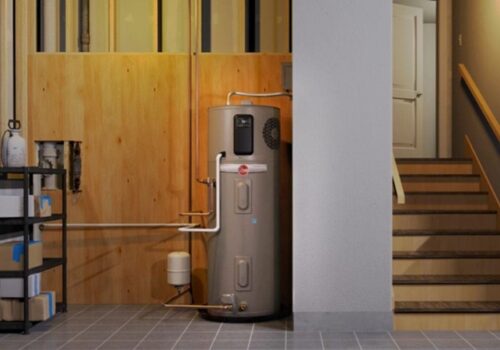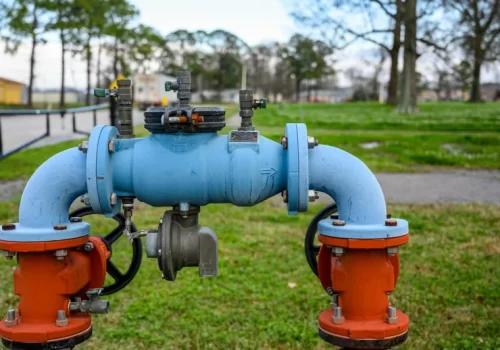Importance of regular maintenance for your garage door
The garage door is the most important and heavily used entryway to your home. It’s the primary access point for your vehicles, and it also serves as a crucial barrier that protects your home from the elements, intruders, and pests. However, despite its importance, many homeowners only pay attention to regular garage door maintenance once it is late and with costly repairs or replacements.
Regular maintenance is crucial
1. Safety concerns
A well-maintained garage door is a safe the various components of your garage door system, such as the springs, cables, rollers, and hinges, wear down or become damaged. If left unchecked, these issues lead to serious safety hazards, such as the door falling or failing to open or close properly. Regular maintenance helps identify and address these potential problems before they escalate, ensuring the safety of your family and property.
2. Prevent costly repairs and replacements
Refrain from regular maintenance on your garage door, which leads to expensive repairs or even a complete replacement. Minor issues, when left unaddressed, snowball into more significant problems that require more extensive and costly fixes. For example, worn-out weather seals allow moisture and pests to enter, potentially damaging the door or surrounding areas. By staying on top of maintenance, you catch and address minor issues before they become major headaches, saving you money in the long run.
3. Extend the lifespan of your garage door
Like any mechanical system, your garage door has a finite lifespan. However, with proper maintenance, you extend its useful life and get the most out of your investment. Regular lubrication, tightening of Hardware, and adjustments keep your door operating smoothly and efficiently, reducing the strain and wear on its components. This proactive approach adds years to the life of your garage door, saving you the hassle and expense of premature replacement.
Maintenance tips for your garage door
1. Visual inspection
Start by conducting a visual inspection of your garage door system. Look for any signs of wear or damage, such as frayed cables, cracked or broken springs, bent rollers, or loose Hardware. Also, check the weather seals for gaps or cracks that could allow air or moisture to seep through read full info here in this site ashburngaragedoorsrepair.us.
2. Lubrication
Proper lubrication is essential for the smooth operation of your garage door high-quality lubricants designed for apply it to the hinges, rollers, and other moving parts. Be careful not to over-lubricate, which attracts dirt and debris, leading to additional problems.
3. Tighten hardware
The Hardware that holds your garage door system together is loose due to the constant motion and vibrations. Tighten all bolts, nuts, and screws to ensure that everything is securely in place. This will help prevent further wear and tear and potential safety hazards.
4. Test the safety features
A garage door has various safety features, such as auto-reverse mechanisms and photo-eye sensors. These features prevent the door from closing on objects or people in its path. Regularly test these safety features to ensure they function correctly, and make any necessary adjustments or repairs.



